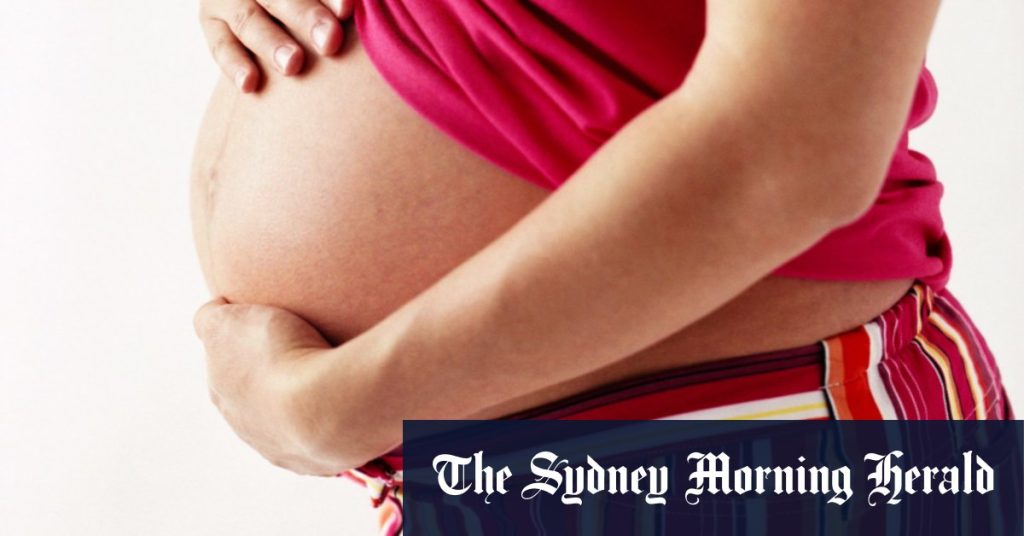The government in Queensland announced that public service workers who take unpaid maternity or paternity leave will have their super contributions paid for by the government for the duration of the 52-week parental leave starting from July. Currently, superannuation is only paid to workers on paid parental leave. Data from 2020-2021 revealed that there is a significant gap in average superannuation balance between men and women in Queensland, with women being at a disadvantage when it comes to retirement income. Only 13.9 percent of Queensland women rely on superannuation as their main source of retirement income.
The premier of Queensland expressed concern that primary caregivers, who are predominantly women, are disadvantaged when it comes to retirement savings, and emphasized the importance of ensuring economic security for new parents, especially women. By providing superannuation contributions for public sector workers on all parental leave, paid and unpaid, the government aims to address this gender disparity and support the financial well-being of new parents. This initiative seeks to alleviate the financial burden faced by primary caregivers during parental leave and contribute towards closing the gender gap in retirement savings.
The decision to pay superannuation for public service workers on unpaid parental leave underscores the government’s commitment to promoting gender equality and economic security for all residents of Queensland. By recognizing the vital role of caregivers and taking steps to support their financial well-being, the government is taking proactive measures to ensure that individuals are not financially disadvantaged due to taking time off to care for their families. This initiative reflects a commitment to social justice and equity in the workplace, aiming to create a more inclusive and supportive environment for all caregivers.
The disparity in superannuation balances between men and women highlighted in the data from 2020-2021 underscores the systemic inequality that exists in retirement savings, particularly for women. By implementing this policy to pay superannuation for public sector workers on parental leave, the government is addressing a key aspect of gender inequality and working towards closing the superannuation gap between men and women. This initiative not only benefits individuals who take unpaid parental leave but also sends a strong message about the importance of gender equality in the workforce and in retirement planning.
Overall, the decision to pay superannuation for public service workers on parental leave, whether paid or unpaid, represents a significant step towards promoting economic security and gender equality in Queensland. By recognizing the financial challenges faced by caregivers, particularly women, and taking proactive measures to address this disparity, the government is demonstrating its commitment to supporting the well-being of all residents. This policy has the potential to have a lasting impact on the retirement savings and financial security of individuals, contributing to a more equitable and inclusive society for all.













